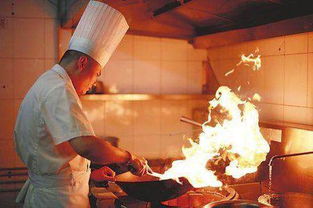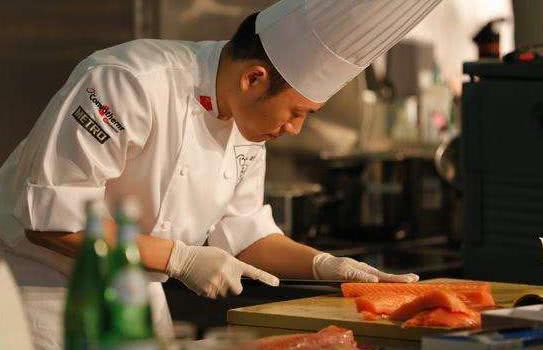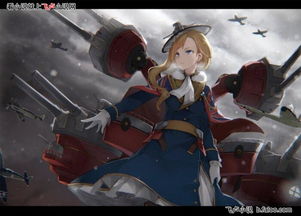Children's Football: A Comprehensive Guide
Engaging in sports from a young age is crucial for children's physical, emotional, and social development. Among various sports, football stands out as a game that fosters teamwork, discipline, and strategic thinking. This article delves into the world of children's football, exploring its benefits, formats, equipment, and the role of coaches and parents.
Benefits of Children's Football

Participating in children's football offers numerous advantages. Firstly, it enhances physical fitness by promoting cardiovascular health, muscle strength, and flexibility. Secondly, it teaches children the importance of teamwork and cooperation, as they learn to work together towards a common goal. Additionally, football helps in developing cognitive skills such as problem-solving, decision-making, and strategic thinking.
Here's a table showcasing some of the key benefits of children's football:
| Benefits | Description |
|---|---|
| Physical Fitness | Improves cardiovascular health, muscle strength, and flexibility. |
| Teamwork and Cooperation | Teaches children to work together towards a common goal. |
| Cognitive Skills | Develops problem-solving, decision-making, and strategic thinking. |
| Emotional Development | Helps children build resilience, confidence, and self-esteem. |
| Social Skills | Encourages communication, respect, and sportsmanship. |
Formats of Children's Football

Children's football can be played in various formats, catering to different age groups and skill levels. Here are some common formats:
- Mini-Football: Suitable for children aged 4-7 years, mini-football focuses on basic skills and teamwork.
- 5-a-Side Football: Ideal for children aged 7-12 years, 5-a-side football involves smaller teams and a smaller playing area, making it more accessible for young players.
- 11-a-Side Football: Suitable for older children aged 12-16 years, 11-a-side football follows the standard rules of the game and is played on a larger field.
Equipment Needed for Children's Football

Playing football requires some essential equipment. Here's a list of items that children will need:
- Shin Guards: Protects the lower legs from injuries.
- Football Boots: Provides grip and support for the feet.
- Shorts: Made of breathable material to keep players cool.
- Jersey: Identifies players and helps prevent injuries.
- Goalkeeper Gloves: Offers grip and protection for the goalkeeper's hands.
The Role of Coaches and Parents
Coaches and parents play a vital role in the development of young footballers. Here are some key responsibilities:
Coaches
- Teaching Skills: Coaches should focus on teaching fundamental skills such as dribbling, passing, and shooting.
- Encouraging Teamwork: Promote a sense of unity and cooperation among players.
- Setting Goals: Help players set personal and team goals to strive for.
- Creating a Positive Environment: Foster a supportive and encouraging atmosphere.
Parents
- Support and Encouragement: Offer your child constant support and encouragement, both on and off the field.
- Transportation and Organization: Assist with transportation to and from practices and games.
- Communication: Keep in touch with coaches and other parents to ensure a smooth experience for your child.
- Volunteering: Offer your time and skills to help with team events and activities.










